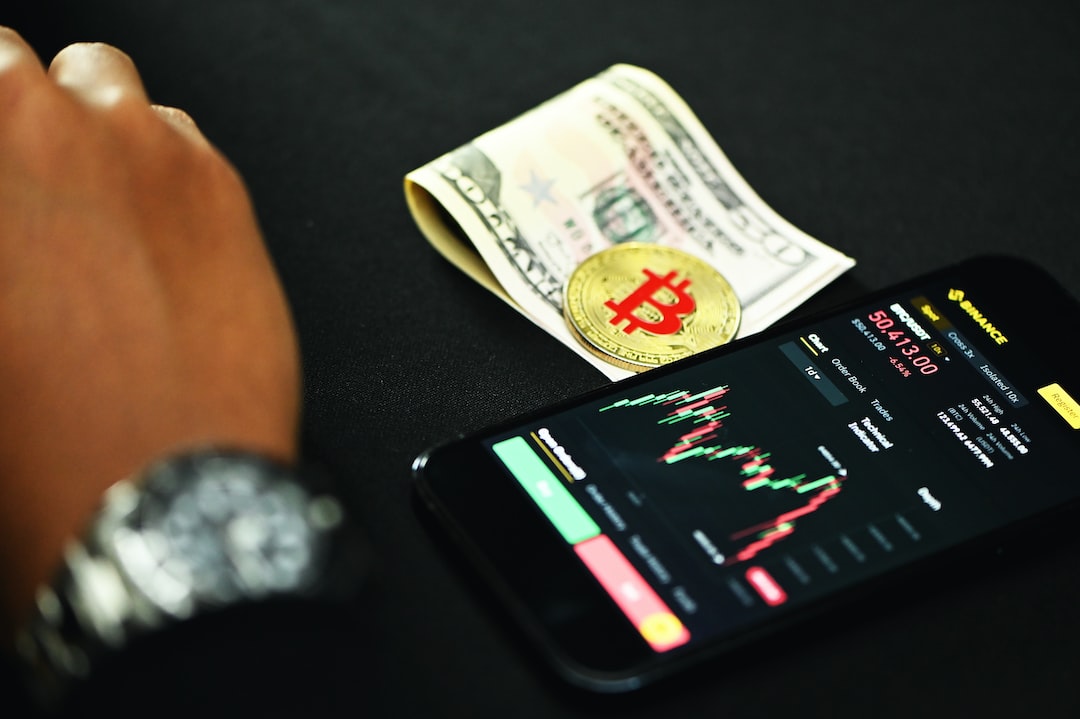The forex market has been an integral part of the banking industry for decades, facilitating international trade and investment. However, with the rapid advancements in technology and the changing global landscape, the future of forex in banking is set to undergo significant transformations. In this article, we will explore the emerging trends and make predictions about the future of forex in banking.
1. Automation and Algorithmic Trading:
One of the most significant trends in the forex market is the increasing use of automation and algorithmic trading. Banks are investing heavily in developing sophisticated trading algorithms that can analyze vast amounts of data and execute trades at lightning speed. This automation not only reduces human error but also allows banks to take advantage of short-lived opportunities in the market. As technology continues to advance, we can expect algorithmic trading to become even more prevalent in the future.
2. Artificial Intelligence and Machine Learning:
Artificial intelligence (AI) and machine learning (ML) are revolutionizing various industries, and forex banking is no exception. Banks are leveraging AI and ML to analyze market trends, predict currency movements, and optimize their trading strategies. These technologies can process vast amounts of data and extract valuable insights that human traders may overlook. As AI and ML algorithms become more sophisticated and accurate, banks will rely on them even more to make informed forex trading decisions.
3. Mobile Trading:
The rise of smartphones and mobile apps has transformed the forex trading landscape. Banks are now offering mobile trading platforms that allow customers to trade currencies on the go. This convenience has attracted a new generation of tech-savvy traders who prefer to access the markets from their mobile devices. With the increasing popularity of mobile trading, we can expect banks to invest more in improving their mobile platforms and offering advanced features to enhance the trading experience.
4. Cryptocurrencies and Blockchain:
Cryptocurrencies like Bitcoin have gained significant attention in recent years. While the adoption of cryptocurrencies in traditional banking is still in its early stages, it has the potential to disrupt the forex market. Blockchain technology, the underlying technology behind cryptocurrencies, offers secure and transparent transactions. Banks are exploring the use of blockchain for cross-border payments and settlements, which can significantly reduce costs and transaction times. As cryptocurrencies and blockchain continue to evolve, they may become an integral part of forex trading in banking.
5. Regulatory Changes:
Regulatory bodies play a crucial role in shaping the forex market. In recent years, there has been a push for stricter regulations to ensure transparency and protect investors. As the forex market becomes more globalized, it is expected that regulatory bodies will collaborate to harmonize regulations and create a level playing field for all participants. These regulatory changes may impact how banks operate in the forex market and may require them to adapt their trading strategies and risk management practices.
Predictions for the Future:
Based on the emerging trends, we can make a few predictions about the future of forex in banking:
1. Increased Automation: Automation will continue to play a vital role in forex trading, with banks relying more on algorithms and AI-powered systems to execute trades and manage risk.
2. Integration of Cryptocurrencies: As cryptocurrencies gain more acceptance, banks will integrate them into their forex trading platforms, offering customers the ability to trade traditional currencies alongside cryptocurrencies.
3. Enhanced Mobile Trading: Mobile trading will become the preferred method for accessing the forex market, with banks investing heavily in mobile platforms and offering advanced features to attract and retain customers.
4. Collaboration and Regulation: Regulatory bodies will collaborate to harmonize regulations, ensuring a level playing field for all market participants. Banks will need to adapt to these regulatory changes and implement robust compliance measures.
In conclusion, the future of forex in banking is set to be shaped by automation, artificial intelligence, mobile trading, cryptocurrencies, and regulatory changes. As technology continues to advance and the global landscape evolves, banks will need to adapt to these trends to stay competitive in the forex market. By embracing these changes, banks can enhance their trading capabilities, improve customer experience, and drive innovation in the industry.













